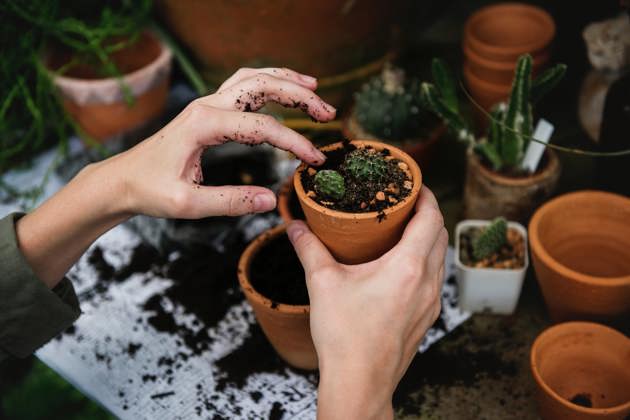Edited by Jill Wright,

Over the years, I've found the Lifehacker website a great resource, mostly for the intelligent application of technology. It turns out, though, that they also have some good advice on how to maintain good physical health, which just happens to be equally good for mental health too. And their advice on the free self-care you should be doing right now couldn't be more timely.
I ticked off a few of their recommendations for myself. First on their list is "Feed yourself good food". I've already made a good move in that direction by picking up a copy of a great cookbook "In The Kitchen - The new Bible fo More than 700 Home Cooking Recipes" by Melbourne couple, Michele Curtis and Allan Campion. I came across it while having a breakfast Okonomiyaki (Japanese omelette) at their Frankie's Top Shop Cafe, in West St Kilda.
The recipes are mostly simple, based on health ingredients. Right now, for instance, I'm half-way through cooking miso chicken with walnuts and grapes. Somehow, each mouthful convinces you that you're doing yourself a world of good.
A good diet, free of junk food and sugar - including the massive amounts of sugar you find in even the nicest fruit juice - is definitely linked to better mental health.
Exercise is great for improving your mood and reducing feelings of isolation, according to Health Direct, particularly if you combine it with mindfulness. Lifehacker suggests that scheduling regular exercise makes it more likely you'll actually do it. In our case, our miniature poodle sets the schedule, insisting we take him for two long, brisk walks every day. Depending on your age and level of fitness, that could be enough, but Lifehacker has suggestions for things like body weight workouts. You might also try bushwalking and gardening, given that research suggests that soil is an anti-depressant.
The Reach Out schools community also has some advice on free mental health self-care steps that you can reward yourself with, including developing a regular sleep routine; keeping a reflective journal; taking up a non-work hobby, turning off your email and work phone outside of work hours and making time for relaxation and making time to engage with positive friends and family. While our psychologists are always available to help in a crisis, as a society we need to embrace the importance of prevention in mental health, just as things like regular flossing are important for our physical wellbeing.
Tags